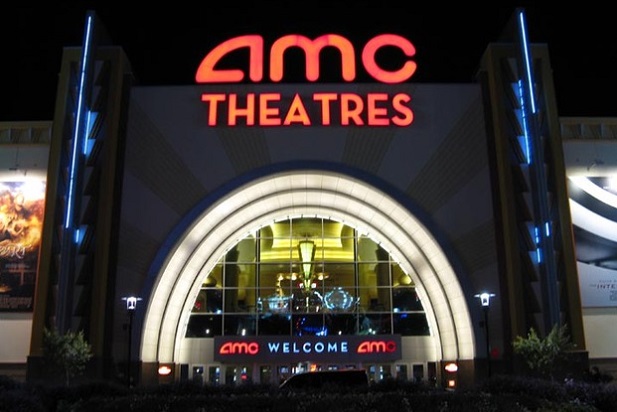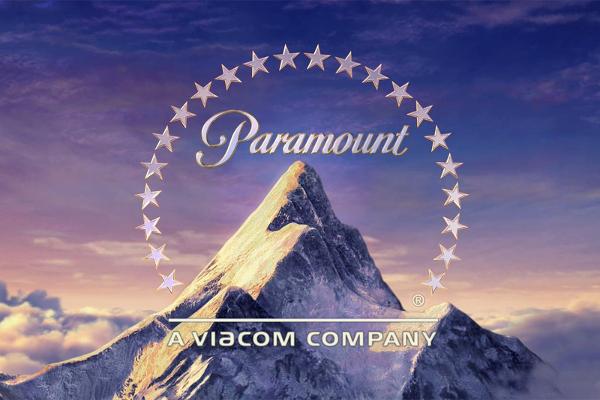Hollywood and China: A Fad or Future of the Film Industry?
7:17 PM PDT 4/25/2016 by Rebecca Sun

From left: Tang, Emanuel, Gao, Gianopulos, Li, Ng, Simonds
BeBe Jacobs/Courtesy of Committee of 100
An all-star executive panel including Ari Emanuel, Jim Gianopulos, Bob Simonds and the head of Wanda Pictures discussed the future of the world's two largest film industires in Beverly Hills on April 16.
It's not easy to get busy Hollywood honchos like Ari Emanuel, Jim Gianopulos and Bob Simonds in a room together, but the lure of China will do the trick.
The Chinese movie market is on pace to surpass North America's as the world's largest next year, after growing an astounding 48.7 percent to hit $6.78 billion in 2015. "Nothing [else] today grows at that level," Gianopulos said on a panel hosted by the Chinese-American organization Committee of 100 on April 16 at the Beverly Wilshire. The Fox chair and CEO noted that since China's per-capita attendance and movie theater penetration rates are still dwarfed by the United States, "there's enormous potential to be had."
That belief has guided Simonds in establishing his two-year-old studio STX Entertainment, which counts Chinese private equity firm Hony Capital as its third-largest shareholder. "China had to be core to the fabric, not an add-on," said the chairman and CEO of STX, which struck an 18-picture slate deal with China's Huayi Brothers last year. "If you want a career lasting the next 20 years, you have to be relevant in China."
The panel was moderated by Simond's longtime friend Donald Tang, founder of Tang Media Partners and former head of Bear Stearns in China, who questioned the sustainability of Hollywood's love affair with China, considering the suitors (Japan, France, Canada, Germany) that had come and gone before.
Emanuel pointed out that one difference is that "it's not just Chinese companies coming here – a lot of us are moving our operations and opportunities to China," noting that he has flown to China around ten times in the last three months.
In a Hollywood Reporter cover story last month, the WME-IMG co-CEO was coy when asked to describe the agency's China strategy, calling it simply "a very important puzzle to solve." On Saturday's panel he provided a few more details, indicating that the rollout would begin with sports rights and partnerships for events. "We'll be going in full-blown with a couple of players that will take advantage of where we sit on the ground with participatory sports, and then migrating into film and TV assets and other things we're doing," he said, adding that the combined agency currently has about 100 executives in China. "IMG has been in China for 30 years, and we've established new relationships as well. And we're just now starting to move our entertainment assets into the territory."
Simonds noted that the size of China's domestic market sets it apart from previous foreign partners. "When we were taking money from the Japanese or the Germans, that was us offsetting risk and taking money because it was available," Simonds said. "America is great at exporting culture because we were the only country in the world with a big enough domestic market to have a muscular, vibrant movie and TV industry. That is about to change. For the first time, another country besides America is going to have a giant domestic market. China is about to become a major player in terms of storytelling."
That may shift the current trend of U.S.-China co-productions, which to date mostly have been characterized by Chinese financing of global Hollywood tentpoles. Li Ruigang, founding chairman of China Media Capital, which launched joint venture Flagship Entertainment with Warner Bros. last September to produce Chinese-language films, believes that such co-productions are simply "an interim product."
"The Chinese government is getting smarter at defining which movies are co-productions. If you just put very little Chinese elements inside, it probably will not work," he continued. "China stands not only for deep pockets, but also deep stomachs. And the demand in the domestic market is getting higher, but there are missing pieces in terms of the quality of the movies and how we can diversify the revenue sources instead of just relying on the box office."
"The industry there is still the wild, wild west. It's not even close to being heavily industrialized," said Wanda Cultural Industry Group vice president Jack Gao of the Chinese market, adding that a key objective of the Chinese conglomerate's multi-billion dollar acquisitions of AMC and Legendary has been self-education. "We're not pretending we're experts in the U.S. We have to learn by connecting to Hollywood, connecting to consumers and connecting to technology, and setting the right strategic investments."
Panelist Dominic Ng, chairman and CEO of East West Bank, noted that despite the record-breaking success of Chinese blockbusters like The Mermaid ($526.8 million in China) and Monster Hunt ($381.9 million), those movies have not succeeded outside the domestic market.
Simonds chalked that up to an issue of cultural differences in syntax, or the storytelling structure of the films. "Because we're an amalgamation of many different cultures, if an American film has enough universal themes, it can export to other countries," he explained. "Americans have conditioned the world to consume a story a certain way. The key is to merge or create a new syntax that's equally global."
Gianopulos agreed. "The U.S. has had a multicultural industry from the beginning, so by nature the movies were made for diverse audiences," he said, noting that Fox was able to adapt its Bride Wars for China (via its partnership with Bona Film Group) and Alibaba will remake its Night at the Museum. "If China is going to develop an export business, it needs a willingness to accept diversity or the possibility that it may not be as rooted in the cultural form that it started with. That may be something to learn from Hollywood."
Ng posed a different vision of the future: "Right now everyone in China is coming to the U.S. to learn how to make a movie that caters to the global audience. That's a good strategy for now, but China will still grow because the population is so much bigger. Fifteen years from now a movie like Mermaid will do a billion in China. So is Hollywood going to switch gears to make Chinese movies?" The question provoked the session's loudest applause from the audience, composed of some of the wealthiest and most powerful Chinese-Americans in the country.
"The rich cultural history of China is something that hasn't fully been mined yet," Gianopulos acknowledged. "Friends in China are always telling me, 'There's this fable in China, you should get Jim Cameron to make this movie.' Here's the thing: If you give this fable to Hollywood and you ask it to make the fable for the world, by the time it comes back to China, you may not recognize it."
The executives all admitted that a true cross-cultural co-production has not yet succeeded. "There have been American films where you stuff some Chinese actors in it, or some Chinese films where you stuff some Americans in it, but a true co-production hasn't been cracked yet," Simonds said, adding that STX is making its own attempt with the upcoming Martin-Campbell directed The Foreigner, starring Jackie Chan and Pierce Brosnan. "But it will happen, and it will change everything."
Legendary is gambling $150 million on its fantasy epic The Great Wall, a co-production with China Film Group and LeVision, which Universal will release on Feb. 17, 2017. Gao predicted that it will be a "milestone," while Gianopulos raved about his set visit: "It was a staggering vision to see the level of effort and attention to detail that went into that project. The quality of the physical production is extraordinary."
"It will take many failures before the success will come about," said Ng (whose bank financed part of The Great Wall). He offered one resource as a pathway to a solution: "There are a lot of Chinese Americans aspiring to be in this industry. They know Chinese interests really well, and American styles really well. Many of them have not yet taken a big role in the industry, but hopefully smart execs on both ends will look into Chinese Americans, who are totally bicultural and understand what needs to be done to make co-productions effective and profitable and start tapping into these folks who are very good at making movies as well."





 Reply With Quote
Reply With Quote














